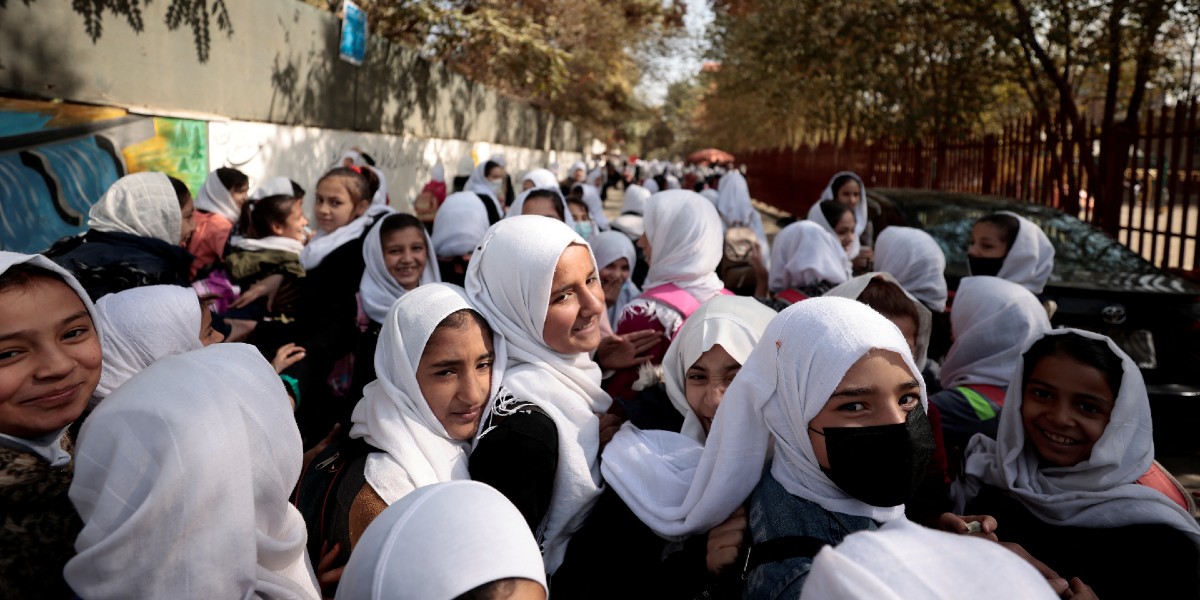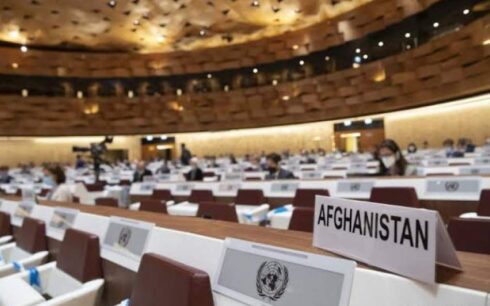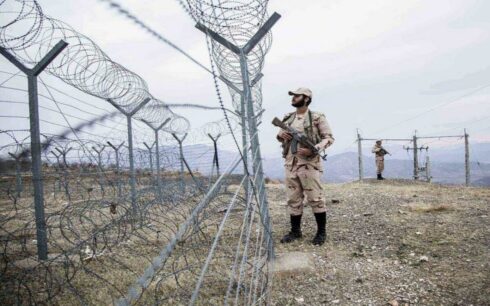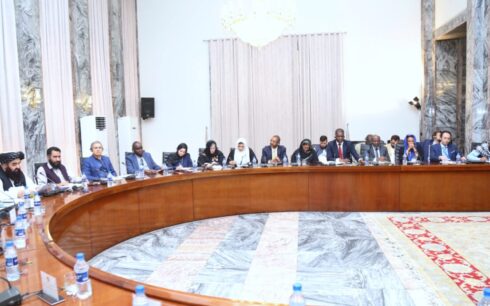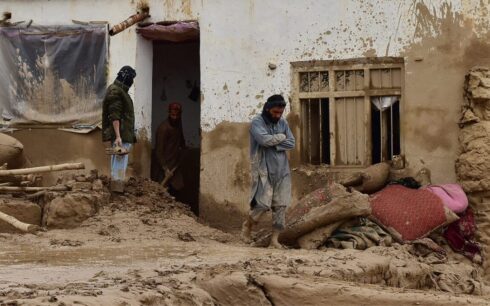Girls and women deprived of an education and work in Afghanistan have criticized a top US diplomat, who met with a Taliban delegation in Doha this week, saying that education and work are priorities for the people of Afghanistan, not counter-narcotics.
Karen Decker, the Chargé d’Affaires of the US Mission to Afghanistan, said in a series of posts on X that she held technical talks with a Taliban delegation in Doha on the issue of “counter-narcotics…interdiction, addiction treatment, and alternative livelihoods.”
Decker also said it was “invaluable to hear in advance the recommendations of Afghan experts inside/outside Afghanistan on how the international community can help and how critical the role of Afghan women is in all aspects of the counter-narcotics effort.”
But her remarks sparked widespread criticism by women and girls in Afghanistan who have systematically been stripped of their rights by the Taliban. These women and girls say Decker should focus on their plight rather than on drugs.
Women in the country also questioned why the US has not held serious talks with the Taliban on the issue of education and work for women.
Mursal, a university student, voiced her disapproval and said: “While several million girls are deprived of an education and women are jobless and sit at home facing dire economic conditions, US officials are discussing narcotics. The main agenda should be the education and work of girls and women, otherwise these [meetings] will drive women into isolation.”
Fareshta, a teenage girl who should be in school, said that the women and girls of Afghanistan need support from the world in order to regain access to education and work.
“The US said it has talked with the Taliban about women’s role in the eradication of narcotics. What Afghan girls and women mostly need now is access to education and work. We are ready to study under any conditions. Highlighting [unimportant] issues, diminishes our rights [even further],” she said.
Decker meanwhile said that the issue of narcotics is a shared concern of the US and Taliban.
But Naeem Poyish, a political analyst, warned that despite the reduction of poppy cultivation, production of heroin and morphine is surging in Afghanistan which will overrun the world market in a few years.
“The Taliban are also witnessing an increase in methamphetamine in addition to heroin. Third, the $70 billion market is usually in Pakistani’s control and of course some of it goes to the pockets of Iranians, Turks and Albanians. The Pakistanis are involved from the borders with Afghanistan and throughout Europe, hence it does not allow a responsible administration to be in power in Afghanistan,” he said.
In April 2022, the Taliban’s supreme leader banned all cultivation of opium poppy. Opium is the essential ingredient for manufacturing heroin. However, a recent UN report said that Afghanistan is the fastest-growing maker of methamphetamine – another street drug.

